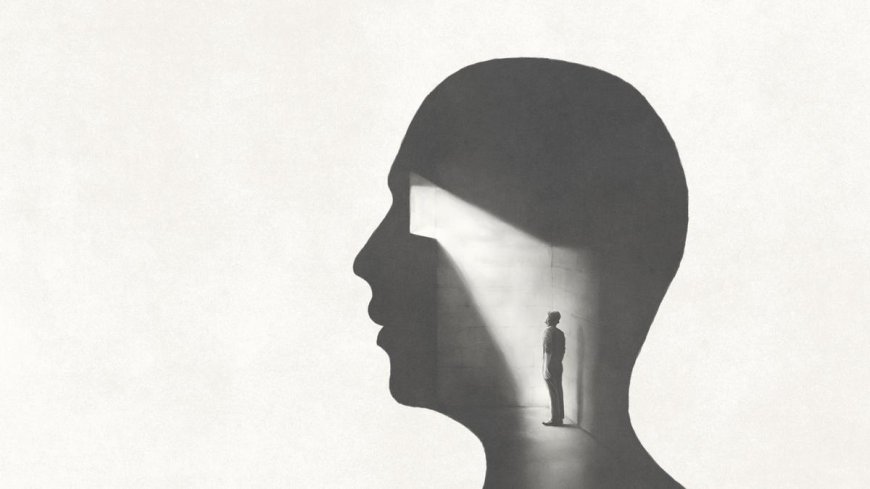Why neurologist Guy Leschziner links the seven deadly sins to human biology

Why Neurologist Guy Leschziner Links the Seven Deadly Sins to Human Biology
Breaking News, Daily Updates & Exclusive Stories - asarkari
In an intriguing exploration of the human mind and its complexities, neurologist Guy Leschziner presents his latest book, where he ambitiously ties the seven deadly sins to fundamental biological processes. His work captures an essential dialogue about the darker aspects of humanity while grounding it in scientific research, offering readers a unique perspective on behavioral science.
The Intersection of Biology and Sin
Leschziner’s novel approach hinges on the idea that the seven deadly sins—lust, gluttony, greed, sloth, wrath, envy, and pride—are not merely moral failings but rather intrinsic aspects of human biology. By analyzing the neurological and biological underpinnings of these traits, he seeks to uncover the reasons behind human behavior and the ethical implications associated with it.
In his book, Leschziner dissects how areas of the brain are responsible for regulating emotions related to these sins. For example, lust can be associated with the brain's dopamine pathways, coinciding with pleasure and reward, while greed ties in with survival instincts. His research indicates that understanding these connections can illuminate the nature and motivations behind what society often labels as “sinful.”
Understanding Humanity's Darkest Side
Leschziner emphasizes that delving into these darker traits can lead to a better understanding of human consciousness. Rather than simply condemning behaviors, he proposes a more compassionate view—recognizing that these inclinations are wired into the human experience. This perspective opens the floodgates for discussions around addiction, moral choices, and what it means to be human.
Through empirical studies and case analysis, he provides readers with a compelling narrative that intertwines scientific evidence with philosophical questions. The incorporation of current research studies surrounding human behavior offers a robust foundation that may encourage further inquiry into the relationship between biology and morality.
The Call for Compassion
Leschziner's writing invites readers to grapple with uncomfortable questions about judgment and understanding. He posits that viewing the seven deadly sins through a biological lens could foster greater empathy towards those struggling with mental health issues, addiction, and social challenges. His book is not merely a scientific treatise; it's a call for a more nuanced approach to humanity's inherent flaws.
A Valuable Contribution
This groundbreaking work from Guy Leschziner aligns with a broader trend of researchers and authors seeking to understand the interplay of biology and morality. As behavioral psychology gains traction, this book contributes valuable insights that can aid in the broader dialogue surrounding ethical dilemmas in contemporary society.
By blending rigorous research with accessible prose, Leschziner manages to reveal profound truths about human nature. His aim to bridge science and philosophy is commendable, encouraging readers to question the very essence of morality and human behavior.
Conclusion
Guy Leschziner’s exploration of the seven deadly sins linked to human biology provides an innovative view of age-old moral concepts. By shining a light on the biological roots of these traits, he offers not just scientific insights but also a profound commentary on empathy, morality, and understanding. For those intrigued by the nexus of morality and science, this book promises to be an enlightening adventure into unveiling humanity's darkest sides.
For more updates, visit asarkari.com.
Keywords:
Guy Leschziner, seven deadly sins, human biology, behavioral science, neuroscience, moral behavior, biological evidence, human consciousness, empathy, psychologyWhat's Your Reaction?
 Like
0
Like
0
 Dislike
0
Dislike
0
 Love
0
Love
0
 Funny
0
Funny
0
 Angry
0
Angry
0
 Sad
0
Sad
0
 Wow
0
Wow
0









































